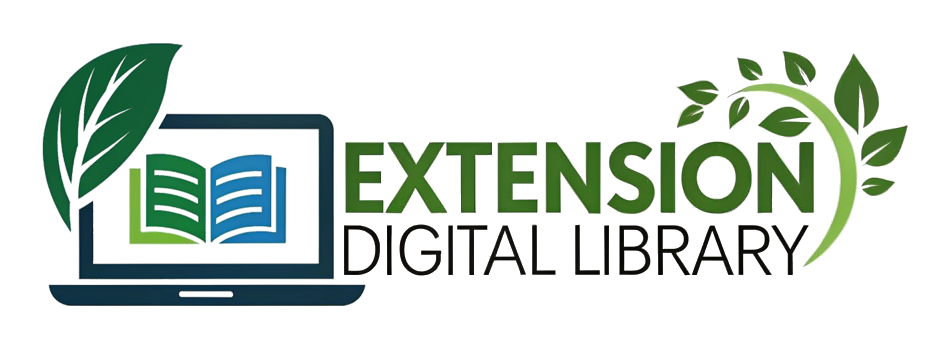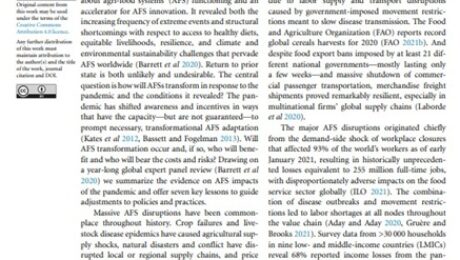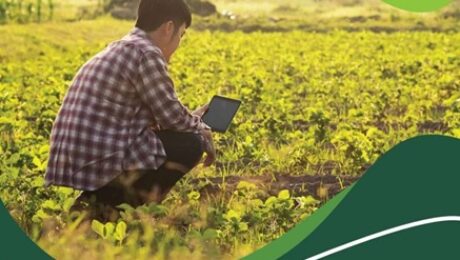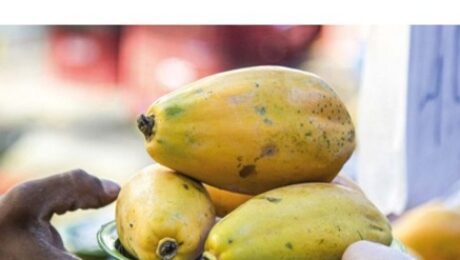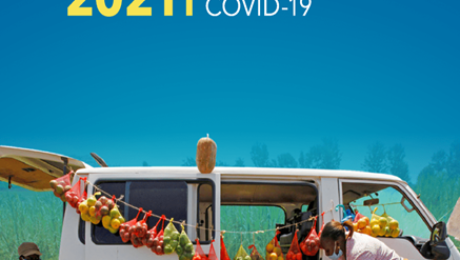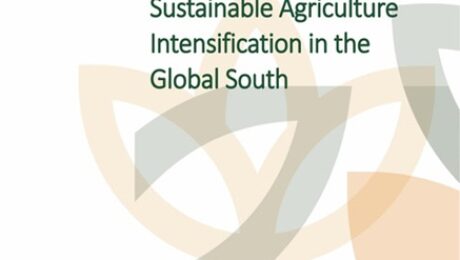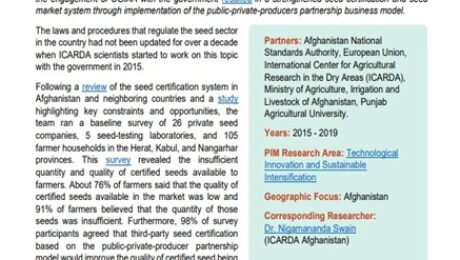Challenges and Societal Perceptions on Sustainable Bioenergy Development in China, India, and the Philippines: Policy Implications
Intergovernmental Panel on Climate Change (IPCC) Third Assessment report (2001) stated that anthropogenic activities are the main cause of spikes in greenhouse gas (GHG) emissions in the last century. Burning of fossil fuels is the dominant source of CO2 emissions that contributed to global warming and climate change. Use of alternative clean and renewable energy is a widely acknowledged mitigation and adaptation strategy to addressing climate change. Renewable and clean energy sources include solar, wind, hydro, and bioenergy. Bioenergy is energy produced from plant biomass including trees, perennial grasses, and energy-rich and oil-rich food crops.
Pathways for building resilience to COVID-19 pandemic and revitalizing the Nepalese agriculture sector
The COVID-19 pandemic has seriously affected the agrarian and remittance-based economy of Nepal. Dwindling the employment opportunities and disrupting the food production and distribution channels, the pandemic has further exacerbated the unemployment and food insecurity situation. Providing employment opportunities and livelihood support to pandemic-affected households has, therefore, become increasingly challenging but a necessary priority to the government. Therefore, to build a sustainable and resilient economy that generates employment and enhance agricultural productivity, revitalization of the constraints-ridden agriculture sector is essential as it still contributes 65% and 24.3% to employment and Gross Domestic Product, respectively. Against this backdrop, this paper presents major pathways and priority actions to rebuild and revitalize the growth of the agricultural sector in Nepal while addressing the challenge posed by the pandemic to generate employment and income-earning opportunities. We emphasize the need for scale-appropriate strategies, programs and plans to build resilience of production, supply chains, and agribusiness systems. We conclude that the government should initially focus on targeted priority interventions to the pandemic-affected farmers and agro-entrepreneurs, and strengthen their productive, competitive, and adaptive capacities. These need to be followed by long-term strategies such as development of agricultural infrastructure, innovative policies, legal instruments, and institutional arrangements, including strengthening of the recently established local governments in line with the federal structure of Nepal.
- Published in NEPAL
COVID-19 pandemic lessons for agri-food systems innovation
The crucial questions are what AFS changes the COVID-19 pandemic will induce and how to shift the odds in favor of beneficial transformation? The adaptations that AVC businesses, governments, and NGOs make now to their policies and practices in response to the pandemic—in institutions and policies, as much as in technologies—will have lasting effects. We have less confidence that key AFS organizations and their leaders will make those adaptations than we have that such changes are increasingly, undeniably necessary. If leaders can learn these seven key AFS lessons of this pandemic, however, it will maximize the odds of innovation that ushers in healthier, more equitable, resilient and sustainable AFS.
- Published in EXTENSION AND INNOVATION
Digital Agriculture in ASEAN: Strategies for Donor Impact
Over the last 15 years or so, mobile and smartphone ownership and mobile coverage in rural Southeast Asia have increased steadily. As a result, farmers and agribusinesses are increasingly using digital technologies to address challenges faced by the smallholder agriculture sector – including volatile commodity prices, limited access to markets, inputs, credit and training, as well as changing weather patterns. There are systemic challenges, however, that need public sector and donor support to overcome, particularly to drive positive outcomes for smallholder farmers.
This report (1) illustrates how seven different digital technologies are reshaping agriculture in the region and (2) highlights how the strategic investment decisions of organizations like the International Fund for Agricultural Development (IFAD) could shape and accelerate the adoption of technologies with the potential to transform rural economies and food systems by making them more inclusive, productive, resilient and sustainable.
- Published in ICTs
A Multi-Billion-Dollar Opportunity- Repurposing agricultural support to transform food systems
As this report demonstrates, the way governments around the world support agriculture is a factor in the global and environmental challenges that agri-food systems are facing. Current support to agricultural producers worldwide works against the attainment of the SDGs, the targets of the Paris Agreement and our common future. This support is biased towards measures that are harmful and unsustainable for nature, climate, nutrition and health, while disadvantaging women and other smallholder farmers in the sector. At a time when many countries’ public finances are constrained, particularly in the developing world, global agricultural support to producers currently accounts for almost USD 540 billion a year. Over two-thirds of this support is considered price-distorting and largely harmful to the environment.
This report highlights how coherent policymaking for agriculture can result in significant benefits for the sector, the environment and human health. By providing evidence on the potential positive impacts of eliminating harmful agricultural support, it makes a convincing case for repurposing such support – rather than eliminating it altogether. The report presents six steps that governments can consider to develop and implement agricultural support repurposing strategies, while also recognizing that there is no one-size-fits-all solution, and that an optimal repurposing strategy will depend on many factors and on country context.
- Published in POLICY
2021 Global food policy report: Transforming food systems after COVID-19
The coronavirus pandemic has upended local, national, and global food systems, and put the Sustainable Development Goals further out of reach. But lessons from the world’s response to the pandemic can help address future shocks and contribute to food system change. In the 2021 Global Food Policy Report, IFPRI researchers and other food policy experts explore the impacts of the pandemic and government policy responses, particularly for the poor and disadvantaged, and consider what this means for transforming our food systems to be healthy, resilient, efficient, sustainable, and inclusive. Chapters in the report look at balancing health and economic policies, promoting healthy diets and nutrition, strengthening social protection policies and inclusion, integrating natural resource protection into food sector policies, and enhancing the contribution of the private sector. Regional sections look at the diverse experiences around the world, and a special section on finance looks at innovative ways of funding food system transformation. Critical questions addressed include: – Who felt the greatest impact from falling incomes and food system disruptions caused by the pandemic? – How can countries find an effective balance among health, economic, and social policies in the face of crisis? – How did lockdowns affect diet quality and quantity in rural and urban areas? – Do national social protection systems such as cash transfers have the capacity to protect poor and vulnerable groups in a global crisis? – Can better integration of agricultural and ecosystem polices help prevent the next pandemic? – How did companies accelerate ongoing trends in digitalization and integration to keep food supply chains moving? – What different challenges did the pandemic spark in Asia, Africa, and Latin America and how did these regions respond?
- Published in POLICY
Perspectives on Global Development 2021
Since its first edition in 2010, the OECD Development Centre’s Perspectives on Global Development report has tracked development trends and policy priorities in developing countries. This new report examines the phenomenon of discontent. Between the global financial crisis and the COVID-19 pandemic, discontent surged around the world. It was especially evident in middle-income countries and was often most acute amongst the middle classes that have emerged in developing countries over recent decades. The report explores the economic, political and sociological drivers of discontent and argues that building back better from the COVID-19 pandemic in developing countries will require approaches that simultaneously improve citizens’ well-being, promote productive transformation and strengthen social cohesion. The report concludes by examining the international dimension of discontent and demonstrates how weaknesses and imbalances in the present multilateral system are eroding humankind’s capacity for collective action in the face of global threats, notably the climate crisis. The rise in discontent has exposed failings in prevailing economic, social and political models at all levels: addressing discontent means fixing these systems, and doing so in an inclusive and sustainable manner.
- Published in POLICY
Estimating the Global Investment Gap in Research and Innovation for Sustainable Agriculture Intensification in the Global South
Sustainable food production needs to increase if it is to meet the rising and evolving food demands caused by growing populations, increasing incomes and urbanization. However, it faces numerous challenges. Competition for water resources is increasing – not only between people and the natural environment, but between cities and rural areas as well. Overuse of water due to wasteful irrigation management is worsening water scarcity. Climate change is bringing higher temperatures and changing precipitation patterns, as well as a higher likelihood of increased weather variability and extreme events. At the same time, agriculture is a major contributor to greenhouse gas (GHG) emissions, so sustainable agriculture intensification also needs to address climate change by reducing GHG emissions and sequestering carbon.
- Published in POLICY
Five metaphors for steering institutional change
Creating a sustainable world will require significant change in the way our institutions function and act. What follows is one attempt to outline some lessons learned—in the form of five metaphors—that I have found useful in trying to foster institutional change in universities.
The metaphors grew out of a 12-year process—from 1999 to 2011—of trying to get the Centre for Interactive Research on Sustainability (CIRS) created at the University of British Columbia (UBC). CIRS was designed to be a living lab of sustainability and net positive in four environmental and three human ways (it eventually succeeded in five of these goals). Creating it proved much more challenging than expected. What became evident as we tried to get this building and its programs conceived, funded, approved, designed and implemented, is that there were many institutional road-blocks, grounded in the normal decision-making practices and institutional culture of the university, that worked against our efforts.
- Published in POLICY
Strengthened seed regulations and certification system in Afghanistan-2020
Improving smallholder farmers’ access to high-quality seeds is among the key objectives of CGIAR. Achieving this goal requires a conducive policy and regulatory environment. Partnerships between public and private stakeholders for seed certification have proven successful in many countries. In Afghanistan, the engagement of CGIAR with the government resulted in a strengthened seed certification and seed market system through implementation of the public-private-producers partnership business model.
- Published in AFGHANISTAN
